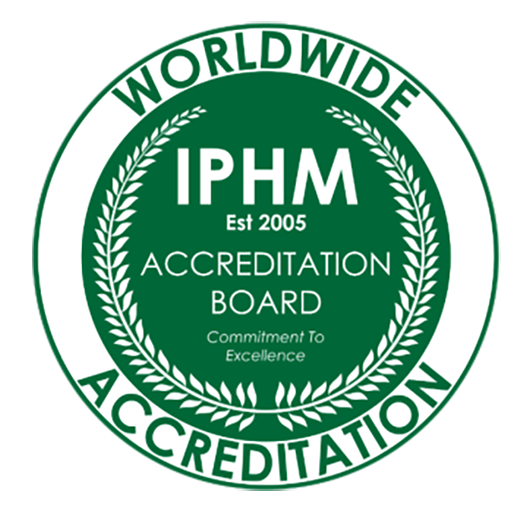Do you take TRT, and you’d like to check the impact on your health?
Test the levels of oestradiol, progesterone, and prolactin in your blood.
Do you take TRT, and you’d like to check the impact on your health?
Symptoms of an imbalance in these hormones include water retention, gynaecomastia (man-boobs) low libido, weight gain, erectile dysfunction, muscle loss, and infertility.
Check your levels of these hormones today with our venous blood test
Although primarily thought of as female hormones, oestradiol, progesterone, and prolactin are also found in males in lesser amounts. Elevated levels of these hormones in men can be a result of taking testosterone replacement (TRT). Symptoms of an imbalance in these hormones include water retention, gynaecomastia (man-boobs), low libido, weight gain, erectile dysfunction, muscle loss, and infertility.
Oestradiol (a form of oestrogen) is a steroid hormone needed by women and men. While testosterone is thought of as the most significant male hormone, it needs to be in balance with oestradiol to help control sex drive, erectile function, and sperm production.
Progesterone is produced by the corpus luteum and adrenal glands. In men, it is the precursor to testosterone and supports hormonal balance. Prolactin is produced by a small organ at the base of the brain called the anterior pituitary gland. Prolactin is best known for producing breast milk in females and for sexual function in men.
Please take your sample before 10am. Take this test two to five days after the start of your period, ideally on day three. It can be taken any time if you do not have periods. Hormonal contraception can affect this test, taking a break from this and using barrier contraception will give more accurate results. If you use hormone gels, pessaries, patches, or tablets, we strongly recommend selecting a venous sample to minimise contamination.
Oestradiol is a female steroid hormone, produced in the ovaries of women and to a much lesser extent in the testes of men. It is the strongest of three oestrogens and is responsible for the female reproductive system as well as the growth of breast tissue and bone thickness. In pre-menopausal women, oestradiol levels vary throughout the monthly cycle, peaking at ovulation. In women, oestradiol levels decline with age, culminating with the menopause when the ovaries stop producing eggs. Low oestradiol can cause many symptoms associated with the menopause, including hot flushes, night sweats and mood swings. Low oestradiol can also cause osteoporosis.
Progesterone is a steroid hormone produced in the corpus luteum and the adrenal glands. Its main role is to prepare the body for and support a pregnancy. It is produced in increasing amounts in the second half of the menstrual cycle. Progesterone is normally tested on day 21 of your menstrual cycle to assess whether ovulation has taken place. Although progesterone is considered a female hormone, men also produce progesterone in the adrenal glands and the testes. Progesterone in men plays a role in testosterone production.
Prolactin is a hormone which is produced in the pituitary gland and plays a role in reproductive health. Its primary purpose is to stimulate milk production after childbirth, and in pregnant and breastfeeding women prolactin levels can soar.


Vita Health Clinic Ltd 2023. Company registered number: 15275009. Registered Address: 22a Park Road, Bingley, West Yorkshire, BD16 4JD
Financial Conduct Authority, registration number 978517. Credit is subject to status.
Get in touch by making inquiries on services or products you’d like to know more about or compare.